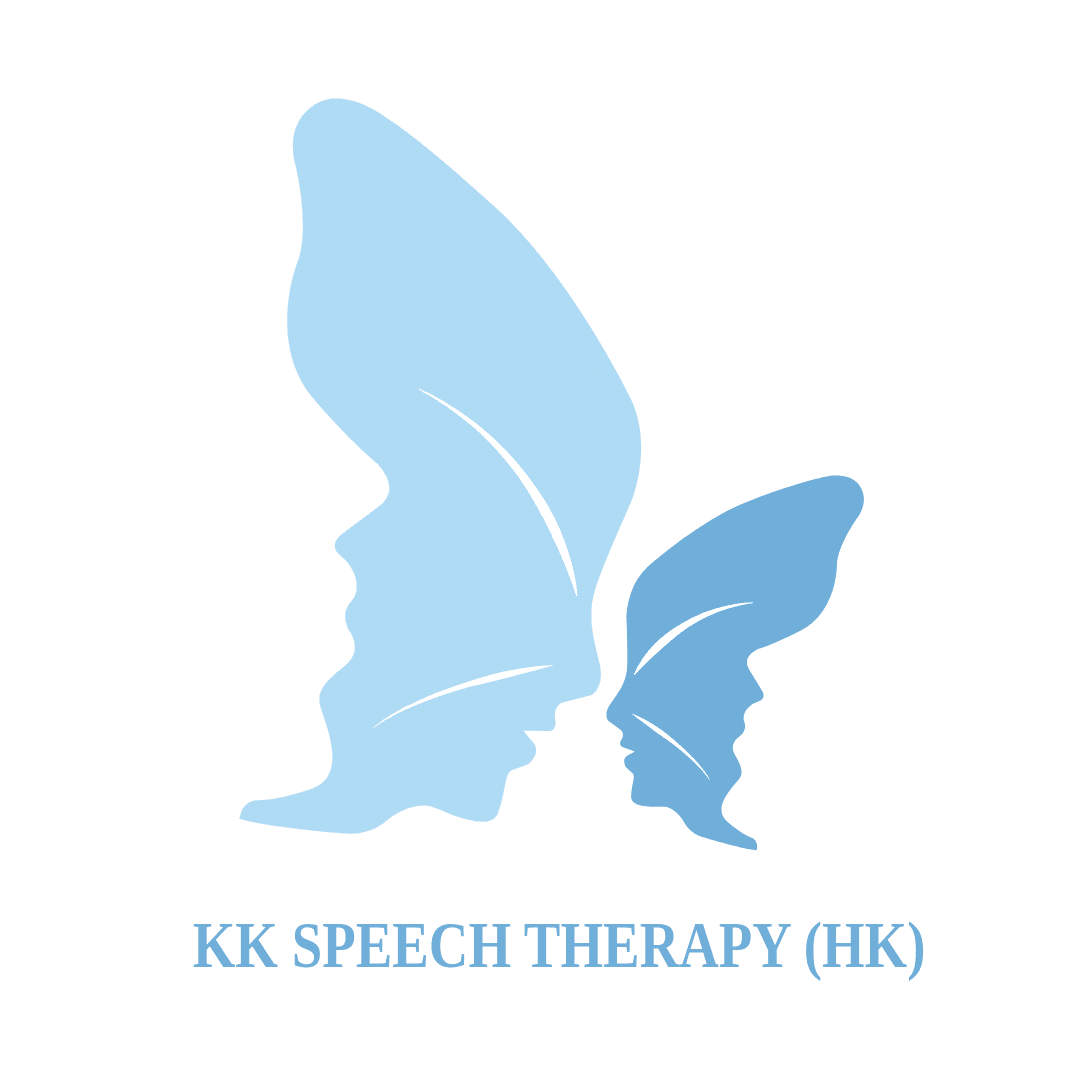What is Speech Therapy?
Speech therapy is a specialized healthcare service dedicated to helping individuals overcome challenges with communication and swallowing. It supports people with difficulties in speech, language, voice, or swallowing, improving their ability to connect with others and enhancing their quality of life. Whether for children with developmental delays or adults recovering from conditions like stroke, speech therapist create personalized treatment plans tailored to each individual’s unique needs, addressing issues such as unclear pronunciation, language comprehension, voice clarity, or safe swallowing.
Procedure
1. Booking an Assessment: Government vs. Private Speech Therapy Services.
In Hong Kong, speech therapy is accessible through government-funded public healthcare or private clinics. Public services are cost-effective but often come with long wait times, sometimes spanning several years. In contrast, private speech therapy clinics provide personalized care, offering flexible appointment scheduling and more frequent sessions tailored to individual needs.
2. Speech Therapist Assessment and Diagnosis
A speech therapist thoroughly evaluates the patient’s speech, language, voice, or swallowing difficulties. They then clearly explain the patient’s condition and proposed treatment plan to the family, enuring the information is easy to understand and tailored to their needs.
3. Speech Therapy Service
Speech therapists create customized treatment plans tailored to the patient’s specific condition and needs. These plans may include targeted exercises or strategies to improve speech clarity, language skills, voice quality, or swallowing abilities. Speech therapists will regularly updates the family on progress and adjusts goals as needed to support ongoing improvement. .
Who needs speech therapy ?
We provide speech therapy for both children and adults. Below are common symptoms and conditions across different age groups:
Infants (0–2 Years)
- Feeding Difficulties: Challenges during feeding, such as poor sucking, swallowing difficulties, or frequent choking, which may indicate oral-motor or swallowing dysfunction.
- Oral-Motor Training: Weakness in oral muscles that affects sucking, chewing, or swallowing, often requiring targeted exercises to strengthen coordination and function.
Preschoolers (2–6 Years)
- Language Disorders: Difficulty understanding language (e.g., trouble following instructions, known as receptive language disorder) or expressing thoughts (e.g., limited vocabulary, known as expressive language disorder).
- Speech Sound Disorders: Unclear speech or mispronunciation, such as saying “park” as “tark” or omitting sounds/syllables.
- Stuttering: Disfluencies in speech, including pauses, repetitions of words or sounds (e.g., “I…I…I want to play”), or prolonged sounds.
- Apraxia of Speech: A motor speech disorder where the brain struggles to coordinate muscles for speech, leading to difficulty producing sounds or words accurately.
- Dyslexia: Challenges in reading and writing, such as frequent spelling errors, letter reversals, or difficulties impacting academic performance.
- Voice Disorders: Issues like hoarseness or inadequate vocal volume, often due to vocal fold dysfunction or improper voice use.
- Autism Spectrum Disorder (ASD) and Social Communication Disorder: Difficulties in social interaction, such as trouble understanding others’ emotions, initiating conversations, or building friendships.
School-Aged Children (6–17 Years)
- Learning Difficulties and Academic Support: Language comprehension or expression challenges that hinder academic progress, such as difficulty keeping up with classroom instruction.
- Social Skills Deficits: Struggles with forming friendships or navigating social situations, including challenges in interpreting emotions, behaviors, or engaging in effective communication.
Adults and Seniors
- Speech, Language, and Social Communication: Adults seeking to improve articulation, reduce accents, or enhance social communication skills for greater confidence in personal or professional settings.
- Voice Disorders: Persistent hoarseness, low vocal volume, or vocal fatigue, often linked to vocal fold issues or overuse.
- Swallowing Assessment and Treatment (Dysphagia): Difficulty swallowing, common in seniors, where food feels stuck, frequent throat clearing or coughing occurs, potentially leading to aspiration pneumonia.
- Stuttering: Persistent speech disfluencies in adulthood, such as word repetitions, blocks, or pauses, which may impact daily communication or workplace performance.
- Post-Stroke Speech Therapy:
- Aphasia: Impaired ability to understand or express language due to brain damage, affecting communication.
- Dysarthria: Slurred or unclear speech caused by muscle weakness or poor coordination, often post-stroke or in neurological conditions.
- Apraxia of Speech: Difficulty coordinating muscle movements for speech due to brain signaling issues, resulting in inconsistent or effortful speech production.
- Neurodegenerative Conditions (e.g., Parkinson’s Disease, Dementia): Cognitive-communication disorders affecting language, memory, or thinking skills, leading to challenges in effective communication.
Format of Speech Therapy
- Individual pediatric therapy
- Individual adult therapy
- Group Therapy
- School Based Services
- Home based Speech Therapy
- Online therapy
Why KK Speech Therapy?
- Trilingual Therapy Services: Our speech therapists are all bilingual and are able to deliver therapy fluently in Cantonese, Mandarin, and English to meet the needs of diverse linguistic backgrounds with utmost professionalism.
- Experienced and Trusted Speech Therapy Team: Our team has extensive expertise, successfully supporting numerous adults in improving language and swallowing abilities.
- Personalized Treatment Plans: We design tailored intervention strategies based on each client’s unique needs and circumstances.
- Ongoing Progress Monitoring and Adjustments: We regularly assess treatment outcomes and adapt strategies to ensure therapeutic goals are met.
- Supportive Family Program: We empower family members to become the most effective supporters of stroke patients as well as effective advocates for their child’s language and social development.
